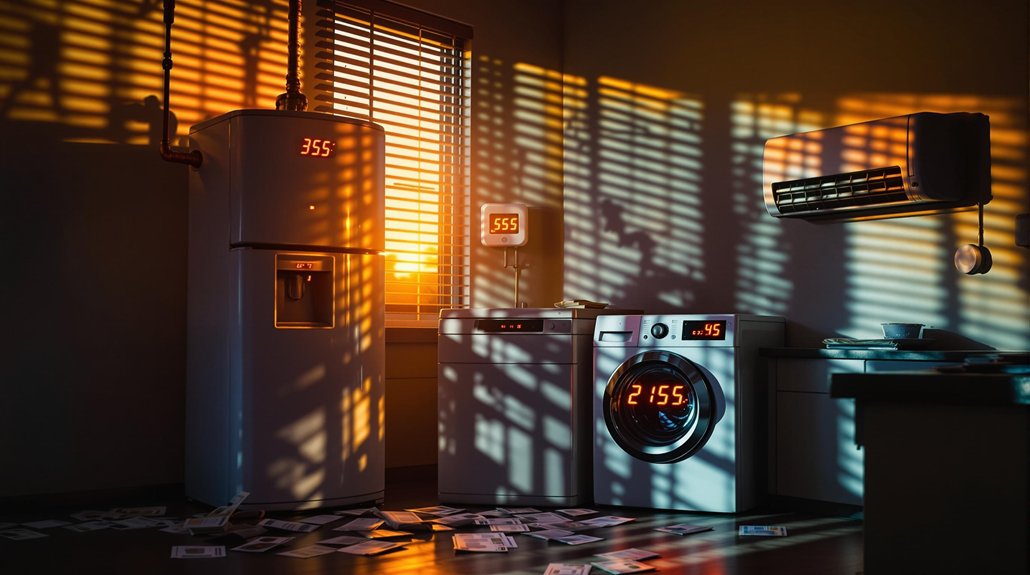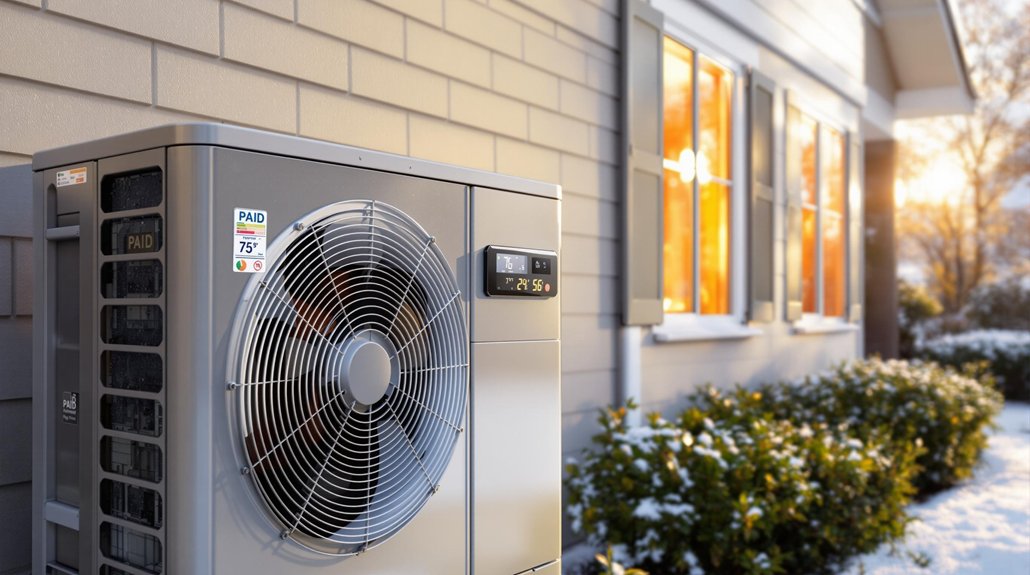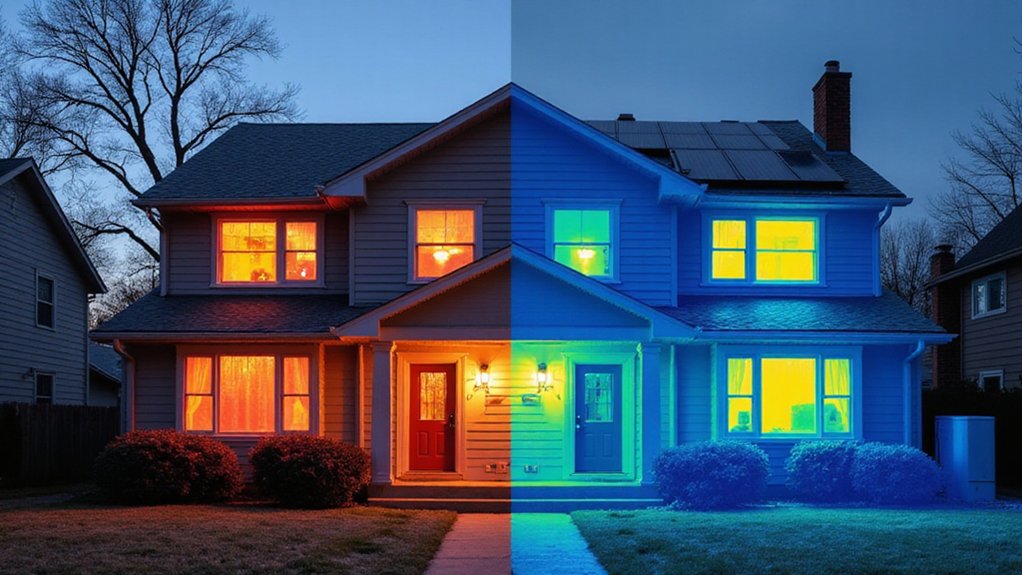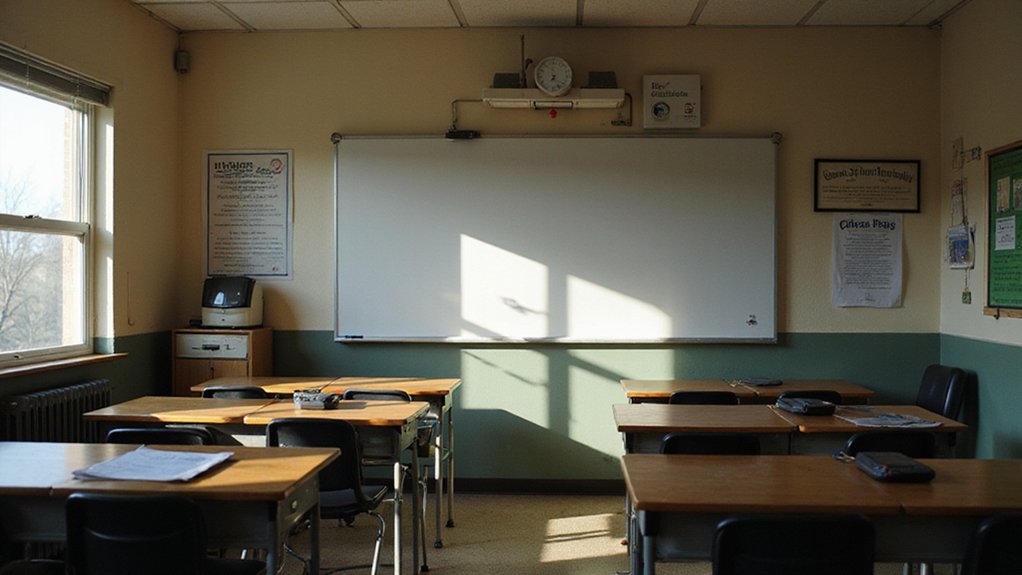The Department of Energy has axed seven Biden-era efficiency standards for household appliances. Bad news for your wallet. The rollback eliminates projected savings of $107 annually per household and $1.6 billion nationally over 30 years. It’s also a climate gut-punch, scrapping emissions cuts of 2.5 billion metric tons. Republican AGs and manufacturers are thrilled, naturally. Energy efficiency advocates? Not so much. The full impact on consumers remains to be seen.
After months of industry pushback, the Department of Energy has slammed the brakes on seven Biden-era efficiency standards for common household appliances. The announcement, made February 14, 2025, postpones regulations affecting everything from air conditioners and refrigerators to water heaters and clothes washers.
No word yet on when—or if—these standards will ever see the light of day.
The administration claims they’re doing Americans a favor. Less regulation. More choices. Lower costs. The usual talking points. They’re framing this as a win for consumers tired of government telling them which appliances they can put in their homes. Manufacturers, unsurprisingly, are thrilled.
The government’s gift to America: freedom from pesky efficiency rules that would’ve only saved you money.
What’s getting tossed aside? Standards that would have supposedly saved households around $107 annually on utility bills. Over 30 years, Americans would have collectively pocketed $1.6 billion in savings. Businesses stood to save about $2 billion. Not exactly pocket change.
The climate impact is even more dramatic. The postponed standards would have cut about 2.5 billion metric tons of emissions over three decades. That’s gone now. Poof.
Gas tankless water heaters got special treatment in this regulatory rollback. They’re getting their own brand-new efficiency category, effectively exempting them from the previous administration’s rules. Industry groups and Republican supporters are nodding in approval. Energy Secretary Chris Wright emphasized the need to protect consumers while fostering competition in the market.
These policy reversals come at a critical time when the power sector contributes about 25% of all U.S. greenhouse gas emissions.
Meanwhile, 21 Republican state attorneys general had already filed lawsuits challenging these standards. Congress has been busy too, introducing resolutions to kill the regulations. The House is gearing up to vote specifically on overturning refrigerator efficiency rules.
Energy efficiency advocates are fuming. They insist the postponement undermines U.S. climate goals and will ultimately cost consumers more, not less. The standards would have significantly reduced harmful pollutants like nitrogen oxides and sulfur dioxide, particularly benefiting vulnerable populations with respiratory conditions. The irony? Most of these standards weren’t even set to kick in until 2026 at the earliest.









